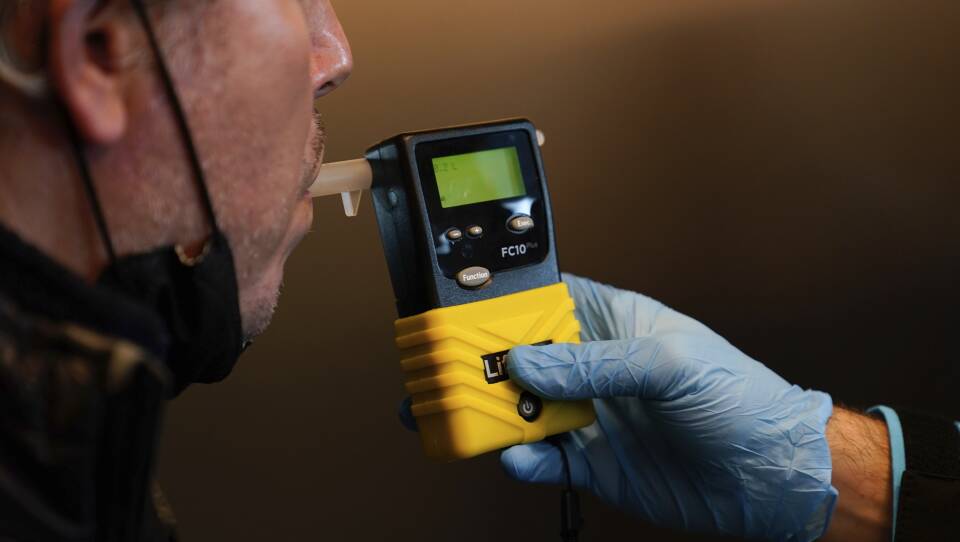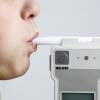On Wednesday, the highest court in Massachusetts ruled that breathalyzer tests conducted in the state between June 2011 and April 2019 cannot be utilized in DUI prosecutions. The ruling casts doubt on approximately 27,000 OUI convictions from that time period and affirmed that those people can seek a new trial because of the faulty tests.
Andrea Cabral, former Massachusetts Secretary of Public Safety and Security, acknowledged the justice it brings for those who could have been wrongfully convicted. But she also worried about the potential fallout with serial drunk drivers, who could get one or more convictions overturned and have lighter penalties on future offenses.
“This is a huge decision,” Cabral said on Boston Public Radio Thursday. “The problem was that the State Police Office of Alcohol Testing ... intentionally withheld information about the lack of calibration with the breathalyzer — and this is eight years’ worth of results.”
The 27,000 affected cases will not be automatically dismissed, but Cabral said convicted drivers who were subjected to this particular type of breathalyzer test now have the opportunity to request a new trial. That may take a while, she said, since Massachusetts district attorneys will have to carefully look at every motion filed and review the evidence of each case.
“And when they get their new trial, assuming the judge grants it, those [breathalyzer] results cannot be used in the new trial,” she said.
It’s the latest step in the multiyear saga as the Office of Alcohol Testing’s misconduct came to light. The breadth of its misconduct led to a judge temporarily holding that breath tests could not be used as evidence in court in Massachusetts.
Cabral said the State Police should be held more responsible.
“I think that should be a criminal investigation. That’s tampering with evidence. That’s withholding, obstructing justice. There’s gotta be some charge that could be the basis of an investigation,” Cabral argued.
She says that the withheld information is disappointing and was troubled about the public safety consequences that the ruling has for repeat offenders, who have been convicted multiple times for driving under the influence.
“‘When the constable stumbles, the guilty man goes free,’” she quoted.
“Someone who has driven drunk and been convicted, at least a couple of times legitimately, now has one conviction removed from their record. So the punishment for a third or fourth offense will not be as severe,” Cabral added.
On the other side of the case is justice for those who may have been wrongfully convicted due the faulty machines.
“This is absolutely the right decision in this case,” she said.








